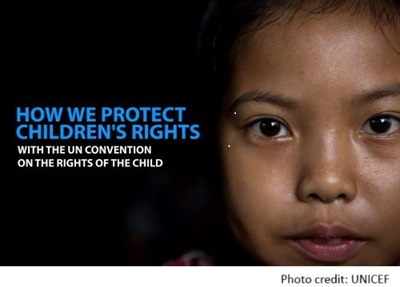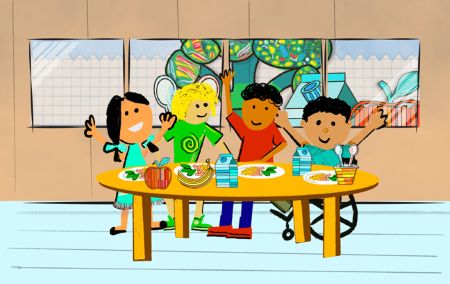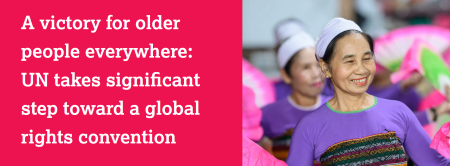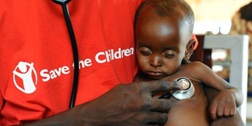
“Children's rights can no longer be perceived as an option, as a question of favour or kindness to children or as an expression of charity. Children’s rights generate obligations and responsibilities that we all must honour and respect.” (UNICEF)1
Children have rights, rights that are specific to their age, dependence, developmental needs, and potential. All children’s human rights apply to all children at all times, without exception. They are not special privileges for a select few. Each of the world’s children has the same rights, whether or not they are acknowledged by their families, communities, or governments. Many children are unaware that they have rights, or that their countries have promised to uphold them.

United Nations Convention on the Rights of the Child
The United Nations Convention on the Rights of the Child (UNCRC) is the most complete statement of children’s rights ever produced. It reframes children’s basic needs as rights that must be protected and provided for rather than as optional charitable acts or privileges. The Convention makes clear that a basic quality of life is the right of every child.
The fifty-four Articles of the Convention cover all aspects of a child’s life, setting out their civil, political, economic, social, and cultural rights. In brief, every child’s fundamental rights include the right to:
- Life, survival, and development
- Protection from violence, abuse, and neglect
- An education that enables them to fulfil their potential
- Be raised by, or have a relationship with, their parents
- Express their opinions and be listened to.
Accountability
The Convention on the Rights of the Child came into force in September 1990, and has been ratified by 196 countries, making it the most widely ratified human rights treaty in history. (Only one country, the United States, has never ratified the Convention.2)
Governments that ratify the Convention are bound by international law to ensure it is implemented. They are accountable for implementing its provisions into their domestic laws and must report back to the UN Committee on the Rights of the Child on a regular basis, outlining the situation of children in their country, and explaining the measures their nation is taking to advance children’s rights.
The Convention also recognizes “the importance of international cooperation for improving the living conditions of children in every country, in particular in the developing countries”.3 Signatories to the Convention share in this responsibility towards all the world’s children.
Progress?
The world is nowhere near reaching the goal of realizing the rights of every child in every country. However, the Convention on the Rights of the Child has inspired a global process of social change, transforming the way children are viewed and treated, recognizing them as rights holders and establishing ethical principles and international legal standards of behaviour towards all children. Fulfilling all the rights of the Convention is an ongoing commitment of governments and humanitarian and advocacy organizations alike. There is still work to do.
Dig deeper…
- Begin by watching Just a Kid, an inspiring 2-minute video from UNICEF honouring children who are human rights champions and global change-makers.
- The United Nations Convention on the Rights of the Child Watch this 9-minute video to find out how the Convention came to be, what its four key principles are, and the responsibilities of its “duty bearers”.
- Read through the 54 Articles of the Convention. The actual document is lengthy. UNICEF has produced this 2-page summary and a bright and readable child-friendly version. For keeners, you can check out the full text of the UN Convention here. (Articles with particular relevance to GRAN’s child hunger campaign are: Article 6, the right to life, survival and development, Article 24, the right to health and nutrition, and Article 27, the right to living conditions necessary for healthy development. Consider also Article 38, the right to protection and care in situations of armed conflict.)
- Visit the KidsRightsIndex, an annual global ranking that measures how children’s rights are respected worldwide and to what extent individual countries are committed to improving the rights of children.
This is the third installment of a new series of GRAN Small Sips focused on child hunger.



